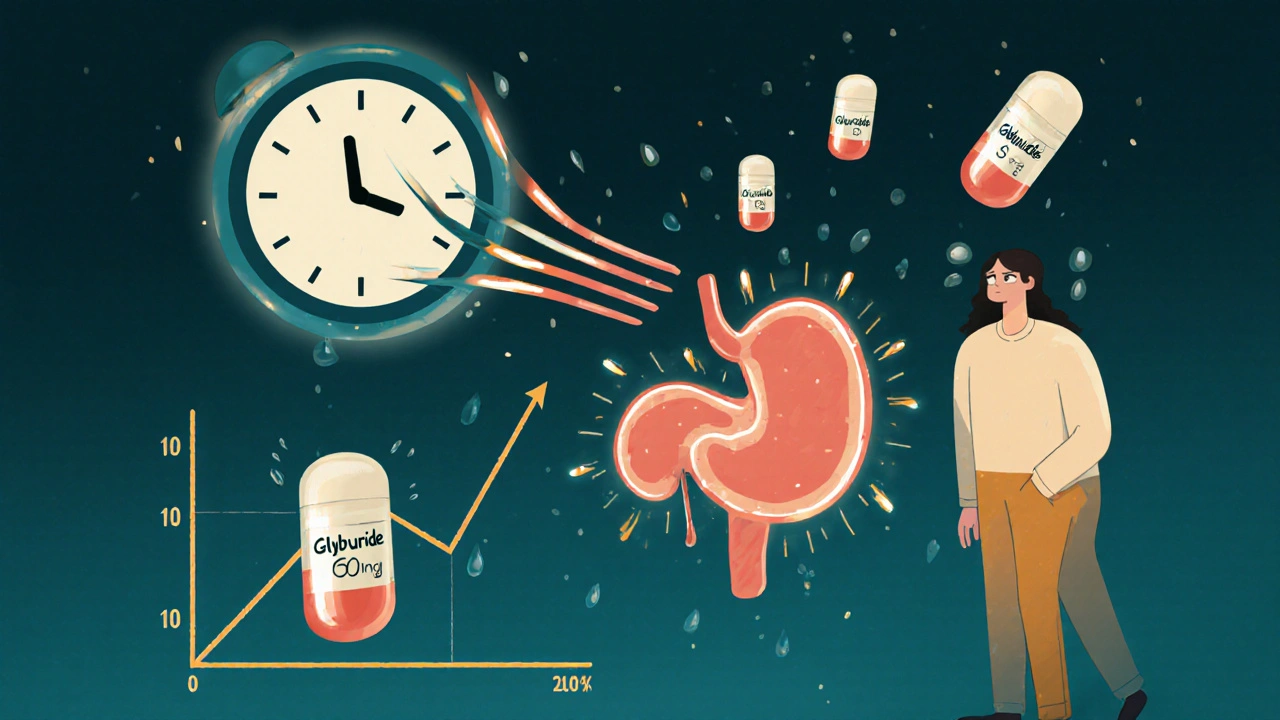When you have sulfonylureas, a class of oral medications used to treat type 2 diabetes by stimulating the pancreas to release more insulin. Also known as sulfa diabetes pills, they’ve been around since the 1950s and are still widely used today because they work fast and cost very little. But they’re not magic pills—they come with real risks, especially if you’re older, eat irregularly, or take other meds that affect your blood sugar.
Sulfonylureas work by binding to receptors on pancreatic beta cells, forcing them to pump out insulin whether your body needs it or not. That’s why they’re so effective at lowering blood sugar—but also why they can cause dangerous lows. If you skip a meal, drink alcohol, or overdo exercise, your blood sugar can crash. This isn’t rare: studies show nearly 1 in 4 people on sulfonylureas have at least one low-blood-sugar episode a year. And unlike newer drugs, they don’t help with weight loss—many people actually gain weight on them.
They’re often paired with other diabetes treatments, like metformin, because they cover different parts of the problem. But they’re not ideal for everyone. If your pancreas is already worn out from years of high blood sugar, sulfonylureas won’t help much—there’s just not enough insulin-making power left to boost. And if you’re over 65, your risk of severe hypoglycemia goes up fast. That’s why many doctors now start with metformin or newer options like SGLT2 inhibitors or GLP-1 agonists, which are safer and often help with weight and heart health too.
Still, sulfonylureas aren’t going away. For people who can’t afford pricier drugs, or who need a quick boost in insulin after diagnosis, they’re a practical tool. The key is knowing how to use them right: eat on time, check your blood sugar often, and tell your doctor about any dizziness, sweating, or confusion—you might be having silent lows.
What you’ll find below are real-world stories and guides about managing diabetes with these drugs, how they interact with other medications, what side effects to watch for, and how to avoid the traps that catch so many people. Whether you’re just starting out or have been on them for years, there’s something here that can help you stay safer and feel better.
Posted by
Jenny Garner
11 Comments

Sulfonylureas can cause dangerous low blood sugar, especially glyburide. Learn which drugs carry the highest risk, how to prevent hypoglycemia, and safer alternatives that can cut your risk by more than half.
read more